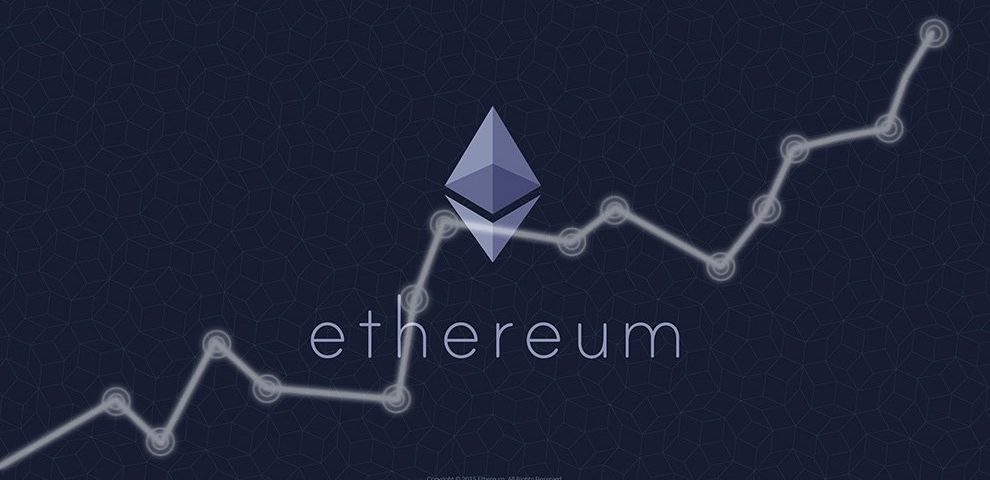South Africa’s Banks Are Going DIY to Test Ethereum’s Blockchain

PSD2: Opportunities for Payment Processors (part 3)
July 24, 2016
Everything you need to know about the Ethereum “hard fork”
July 24, 2016Members of six African banks reportedly met yesterday to discuss the next steps in their ongoing effort to connect aspects of the South African banking system via a private version of the ethereum blockchain, according to sources.
Present at the event was CIO of Barclays Africa’s corporate and investment banking division, Andrew Baker, who said that while the unnamed banks are still in the early phases of the “most pure collaborative process” he’s ever participated in, the effort has been propelled by a surprising technology – instant messaging.
After some early internal work within Barclays subsidiary, Absa, including logging archived payments on a blockchain and writing simple ethereum-based smart contracts, Baker created a WhatsApp group and invited a few of his peers at competing banks.
By giving those bank representatives administrative access to the blockchain group, he said the team of would-be competitors quickly grew to 50 members from six of South Africa’s largest banks.
From there, he said the group has invited an unnamed regulator and a payments service provider, and as of last Friday, the group had successfully networked together on the ethereum blockchain.
But it all comes back to instant messaging:
“The biggest contribution we made was to start a WhatsApp group. That is it. The whole thing, the genesis of it is instant messaging.”
Internal tests first
But before growing its network, Absa set out to learn as much as it could about how its own internal processes worked – or didn’t work – with the ethereum blockchain.
With the help of former Barclays vice president Simon Taylor, Baker said the bank built smart contracts designed to send emails based on events that occurred in various RSS feeds and ran BigChainDB in an Amazon EC2 cloud service to archive past payments.
The BigChainDB integration was designed to help the bank be compliant with requirements to make its payments data “tamper-proof”, he said.
Absa then experimented with exporting its payments data into BigChainDB in the JSON format before settling on an an XML version. As part of the test, Baker said the bank showed that it could also query the data after it was uploaded to the blockchain.
Also before engaging with other banks, members of Absa built their own do-it-yourself ethereum mining rigs using wine boxes and PVC pipes as part of an internal competition to see who could generate the highest hashrate. To check the code for bugs, another team member established abug bounty program in GitHub.
“Then we started to realize there wasn’t much more we could do internally,” said Baker, adding:
“The key word is distributed. You don’t need to be distributed if you’re looking at your own systems.”
Building connections
What he found after sending out the initial WhatApp invites was that the banks across South Africa were all engaged in similar experiments, and that they, too, were looking to bring their work to a larger scale.
The resulting synergy led to a working environment unlike anything Baker said he’s experienced before.
“My background is I come from a markets business doing high-frequency trading,” he said, adding:
“My view on the world is compete, compete, compete. So when we started this you start to think people are going to run their own agenda. It didn’t happen.”
Instead of competing, Baker said members of the WhatsApp group with more efficient processes would give advice with an “all ships rise” mentality. As such, the network wouldn’t just be geographically distributed, but comprised of varying parts of the banking industry and hosted in diverse services.
While Absa hosts its ethereum nodes in an EC2 virtual server, another bank uses Microsoft’s Azure, another uses its own internal data center, and the regulator, Baker said, hosts its node from an Africa-based data center.
“We wanted to really experience a distributed, multi-geography, multi-database, ethereum-based service,” Baker said.
Absa is now “fully integrated” with the ethereum blockchain, he says, and most of the other banks are, too, meaning that when they start running smart contacts, they will be able to begin transacting in real-world assets.
Though much of the operational overhead is being built into the blockchain, for now, the transactions themselves will be settled using traditional technology and “matched” on the ethereum blockchain.
But how to use the network?
Early contenders for the first smart contracts to run on the South African ethereum banking network are syndicated loans and securities loans, which are currently run as over-the-counter operations. This means that banks need to liaise directly with one another much more frequently than they would with a blockchain, something Baker thinks they can end.
“We think we can operationalize [the loans] on a distributed ledger,” he said. After successfully connecting the banks to each other via a private version of the ethereum blockchain, Baker said the group set about deciding how to build the MVPs of their smart contracts.
On Monday, the banks met to determine which of them can provide people with which skills for an upcoming week-long event to determine how to use this network now that it exists.
A seventh bank is expect to join the group soon, but despite the growing number of participants, Baker indicated the group still has a roll-up-your-sleeves type attitude.
Baker concluded:
“What’s going to happen next is we’re going to set up a workshop in Capetown for a week and bring everyone down. There’s a couple of projects that are up for grabs.”
Published on July 19, 2016 at 19:43 BST


